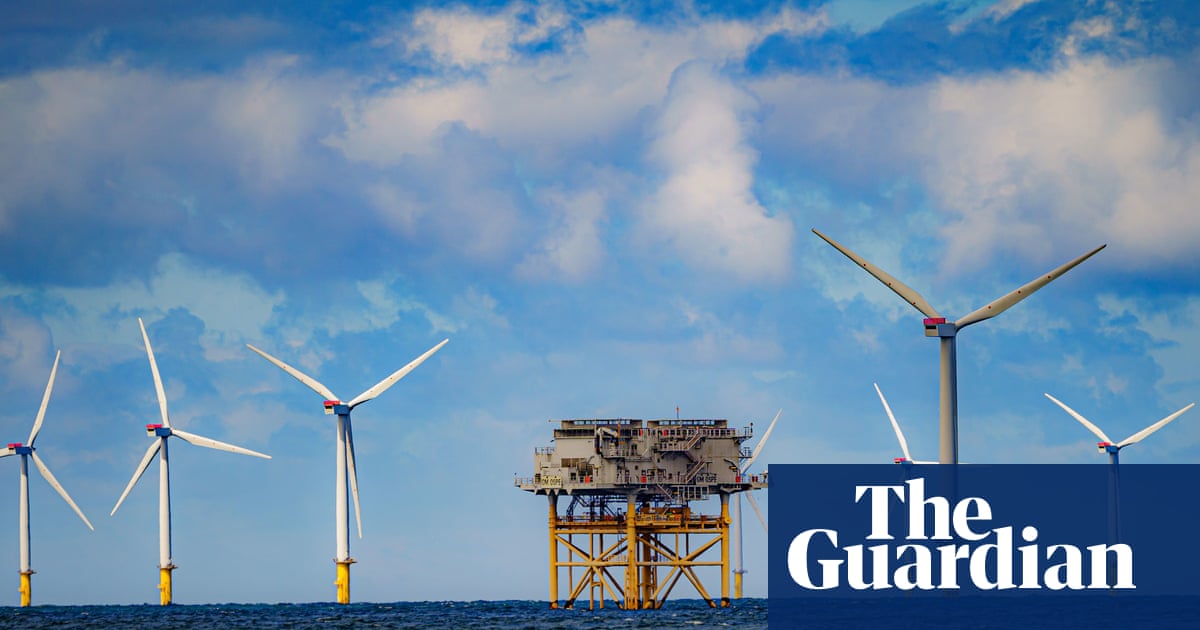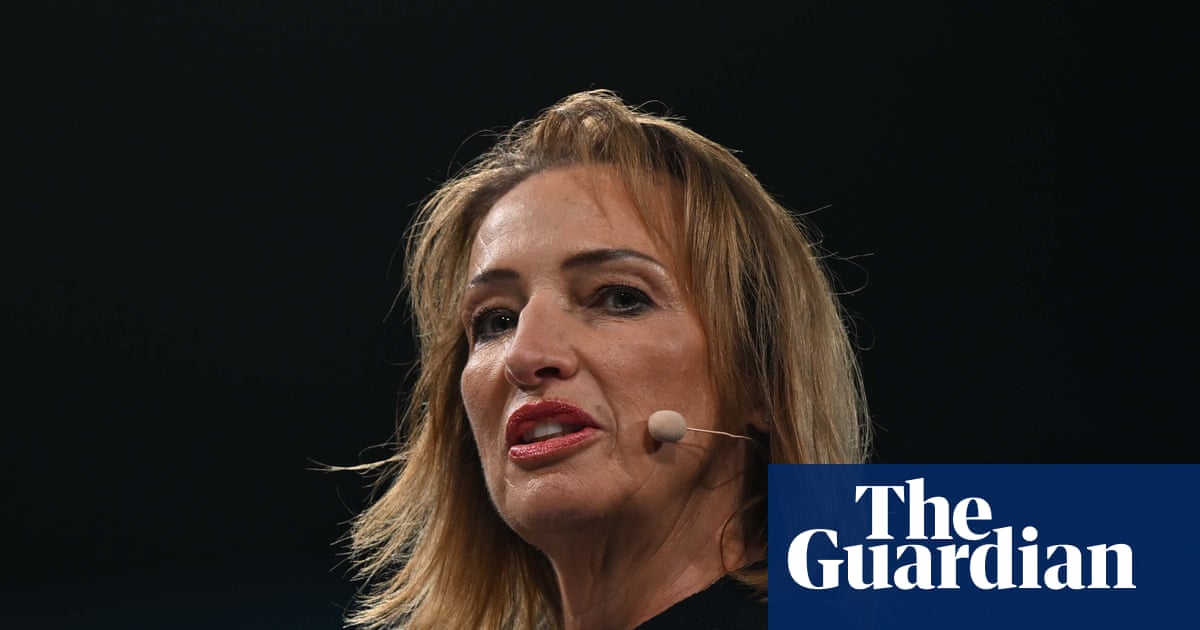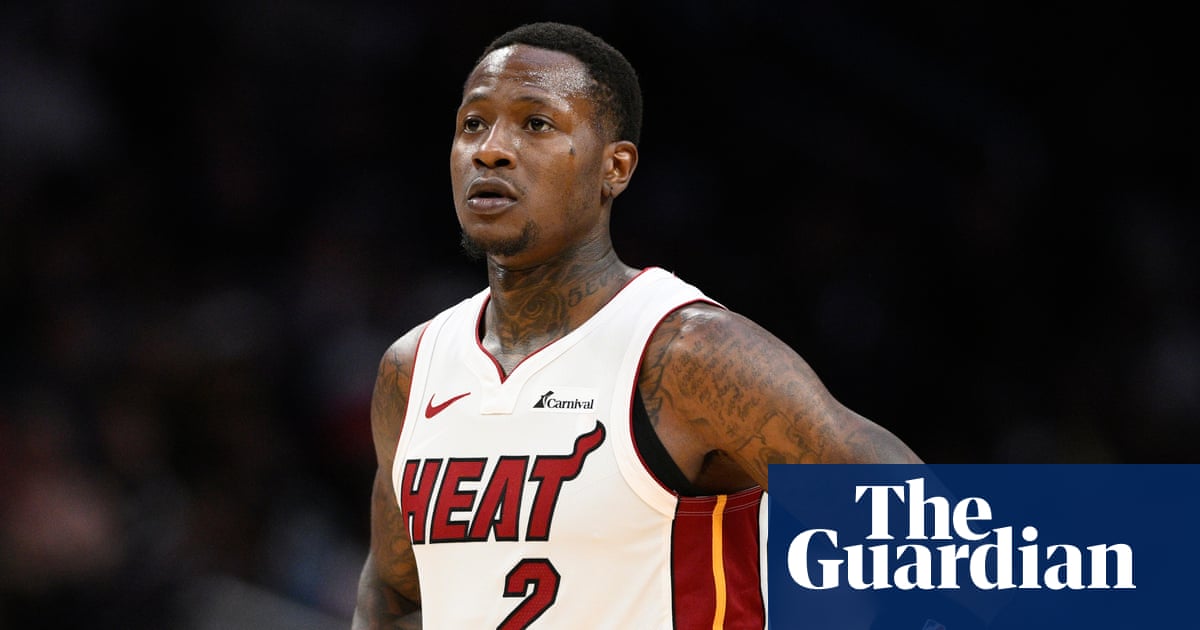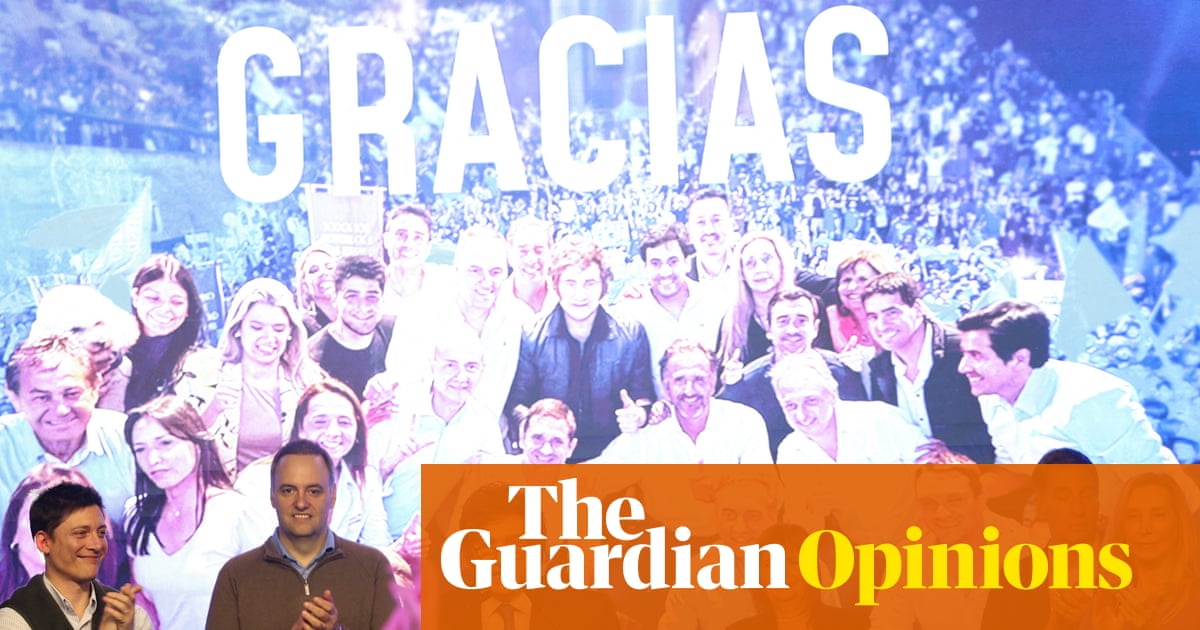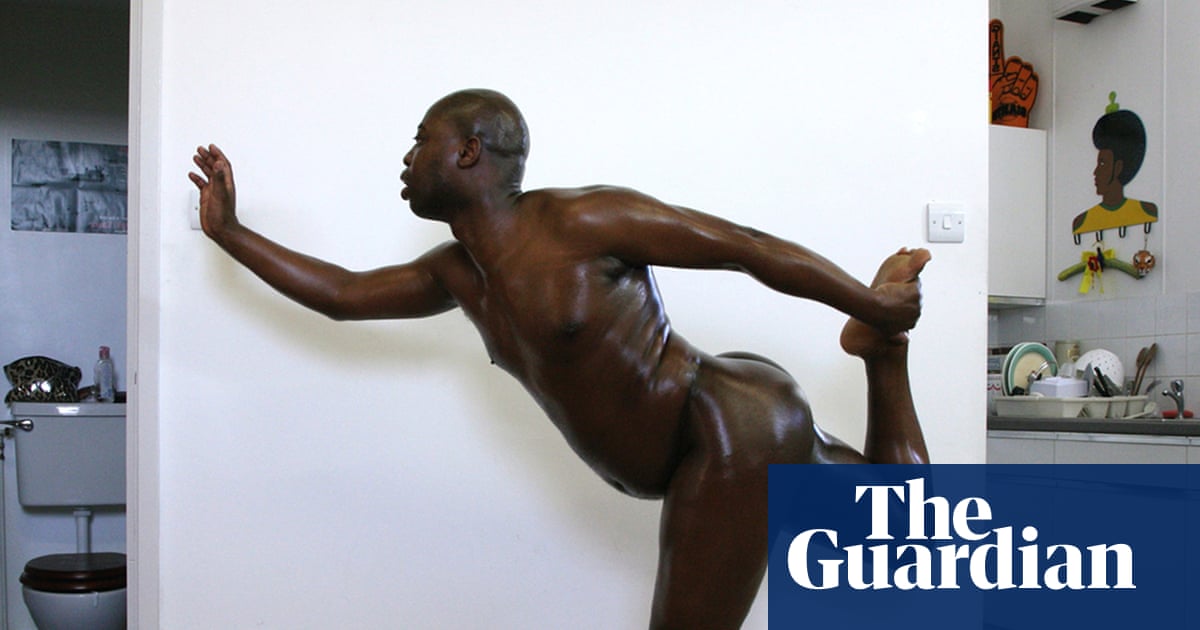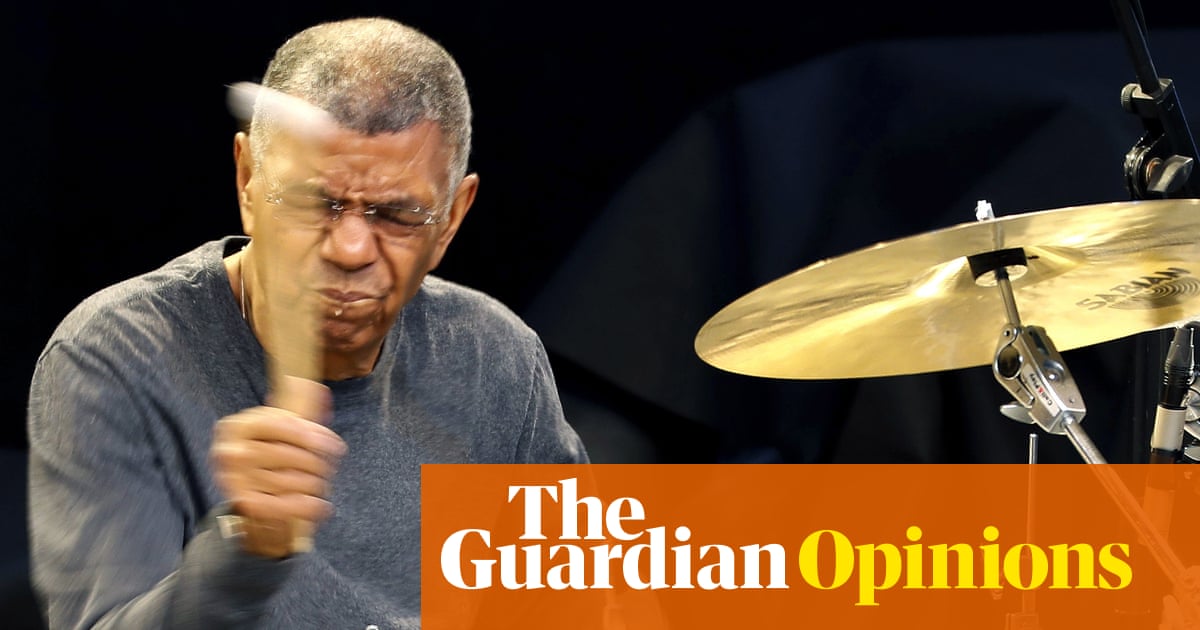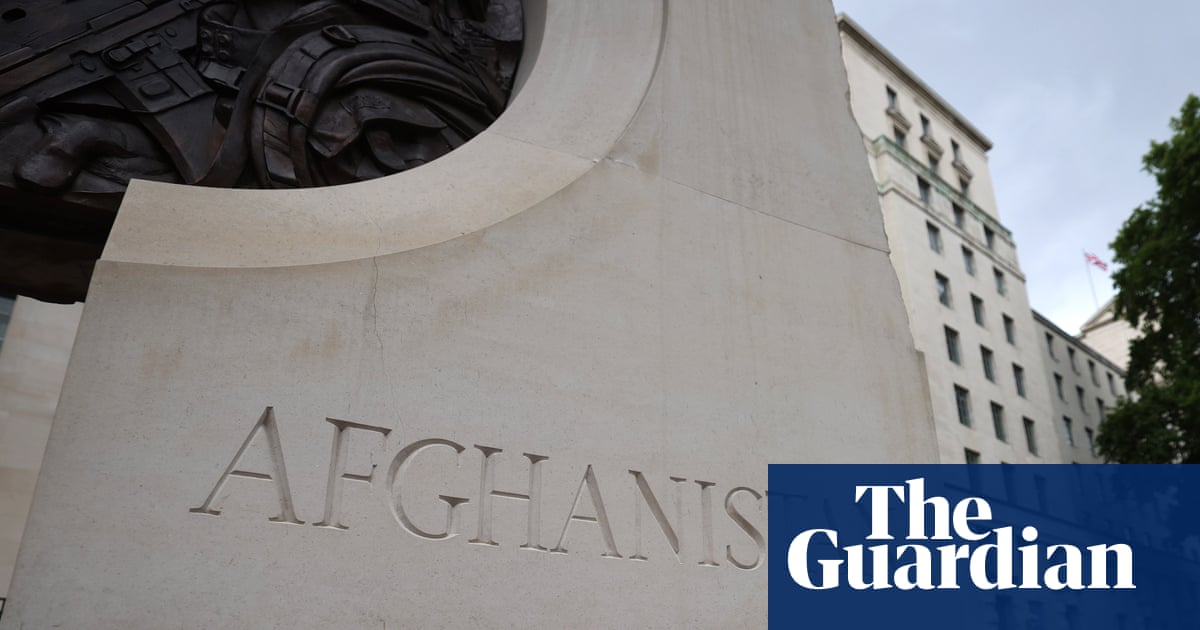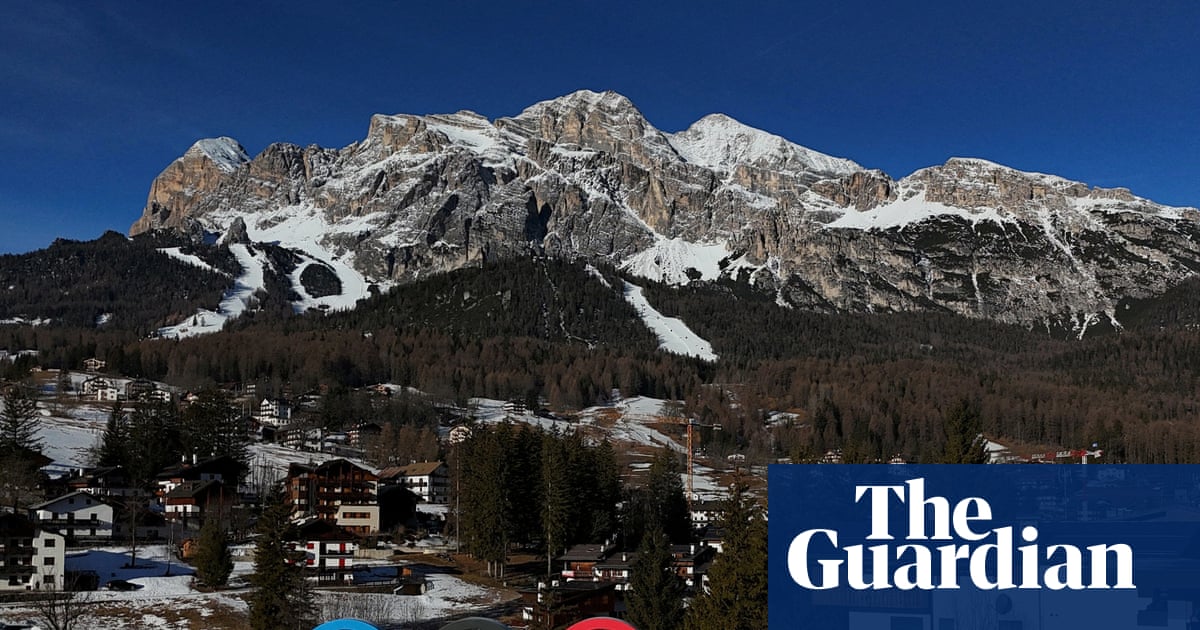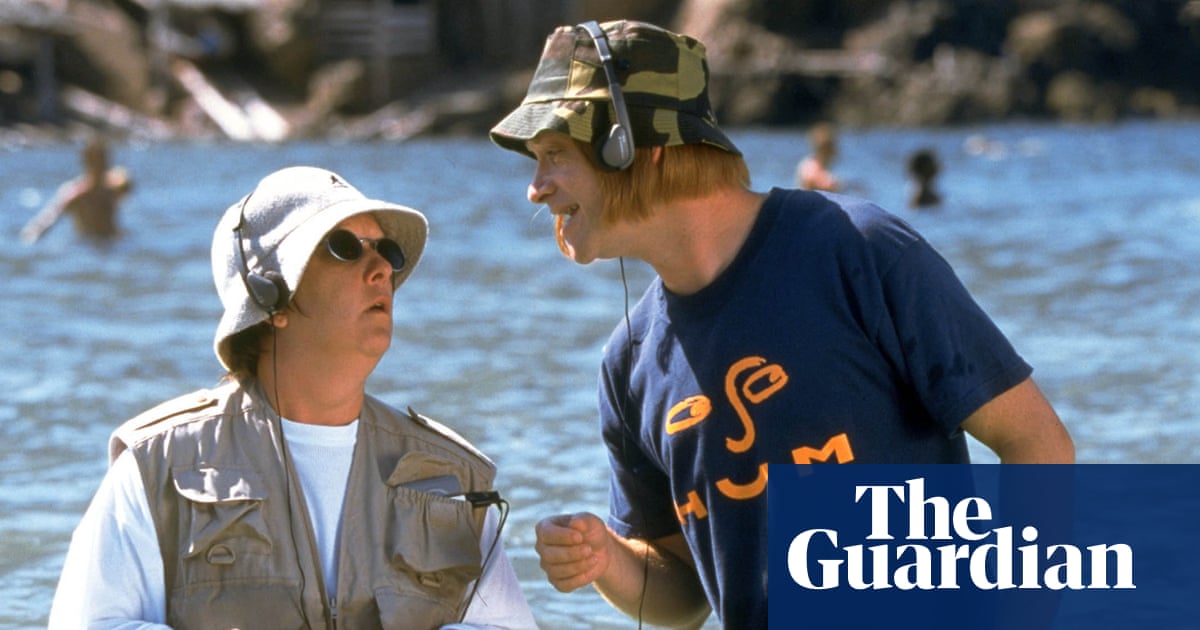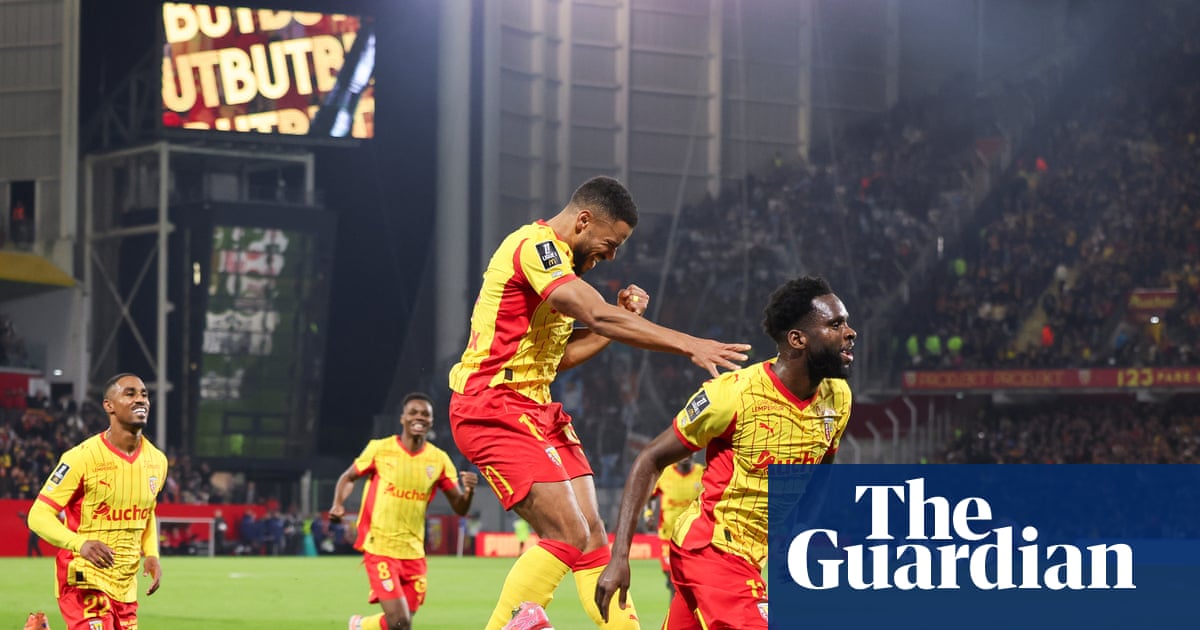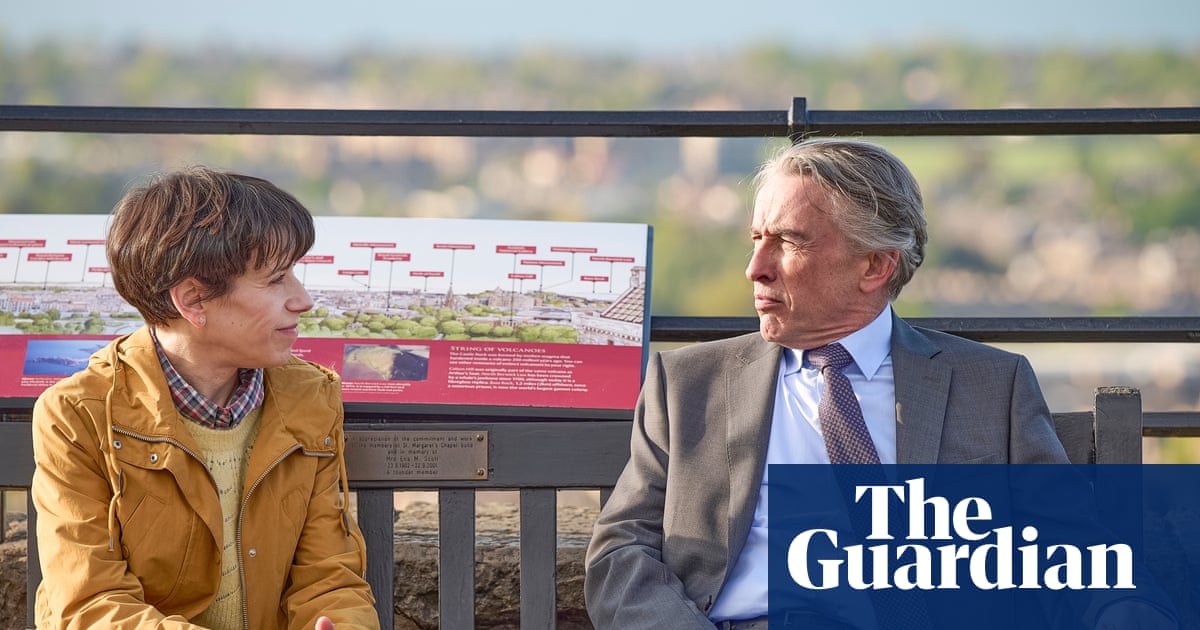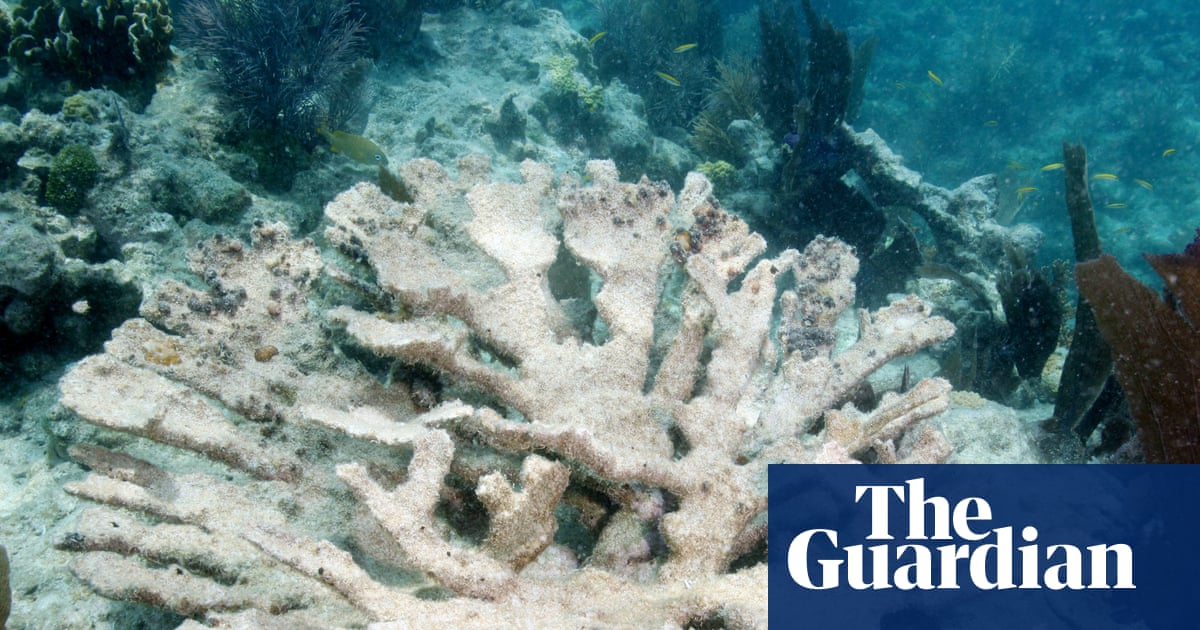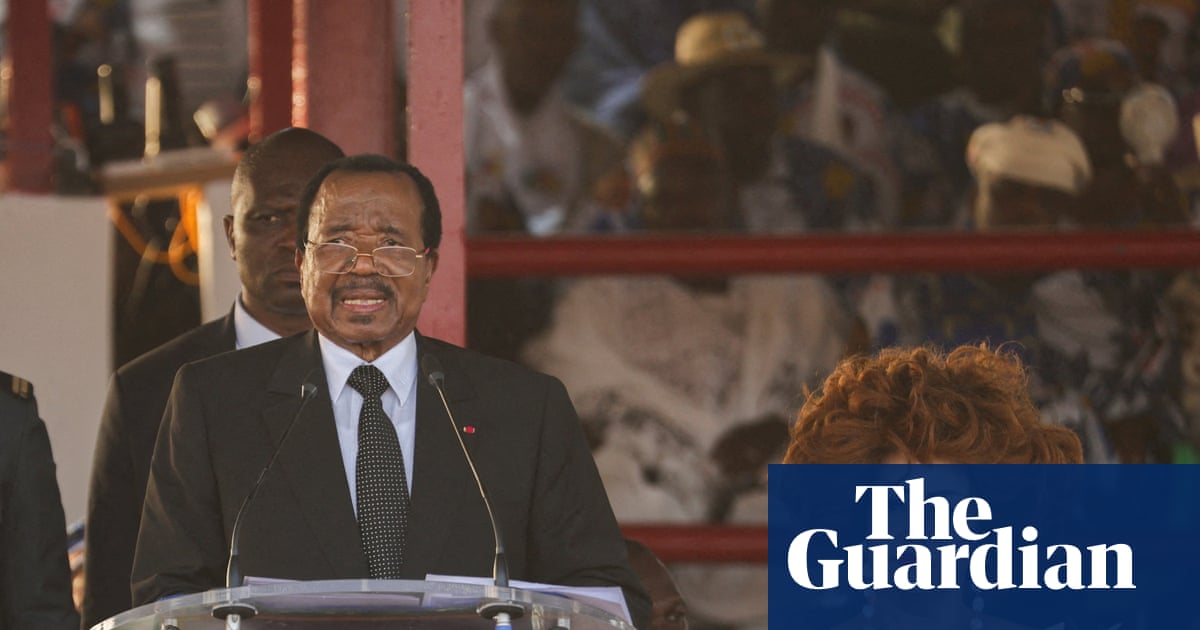Gilded carriages and royal banquets are not essential tools of modern diplomacy, but nor are they obsolete. In a digital age, when intergovernmental business could easily be conducted online, the analogue grandeur of a state visit feels potent as a bestowal of favour.
This week Emmanuel Macron is the beneficiary. In September it will be Donald Trump. The sequence is not meant to indicate preference. Both relationships are special, say officials. There are enough champagne receptions and sleepovers at Windsor Castle to go around.
But it is also no accident that the French president was invited ahead of his US counterpart. Trump has had a state visit already, during his first term. Hardly anyone gets two. Macron, by contrast, has been in office since 2017 and dealt with five UK prime ministers. None before Keir Starmer rolled out the deep red carpet of ceremonial statecraft.
It was never going to happen with Theresa May or Boris Johnson in No 10. It was conceivable with Rishi Sunak, who got on fine with his French counterpart. As for Liz Truss, when asked during the 2022 Conservative leadership contest whether Macron should be considered friend or foe, she said: “The jury’s out.” It was a howling display of unsuitability for the job of prime minister. Naturally, with a Brexit-addled Conservative party doing the recruitment, the howler won.
Evicting the Tories was a necessary but not sufficient condition for upgrading cross-Channel relations. Starmer is fairly criticised for entering Downing Street with an undernourished policy agenda, but cultivating contact with the Élysée Palace, laying the foundations of mutual trust, is one area where the effort started in opposition. If all goes to plan, this week’s visit will reward that foresight with policy gains amid the pomp.
In terms of what registers with a domestic audience, the prime minister’s priority is a deal to obstruct the traffic in small boats ferrying immigrants to the Kentish coast. Whatever Macron agrees on that front, it will be more than he was prepared to do for Starmer’s Tory predecessors. That is the benefit of pragmatic post-Brexit diplomacy. It will also be less than satisfactory to those island-fortress fantasists who can’t forgive a Labour prime minister for proving that constructive engagement with European neighbours gets results.
But there is still a limit to what can be achieved on a bilateral basis when the Channel is an external EU border. No matter how well disposed Macron might be to Starmer on a personal level, the integrity of the European project comes first.
Few European leaders were as angry as Macron about Brexit or as determined that the competitive disadvantages of rupture from the single market be locked into the subsequent trade and cooperation agreement. (Boris Johnson was a hapless accomplice to that end, happily giving away valuable economic privilege for fistfuls of worthless sovereignty.)
There is also plenty of history and shared strategic interest between Britain and France that antedate and transcend Brexit. Western Europe’s only nuclear-armed powers, comparable in economic heft, each with a seat on the UN security council, meet peer-to-peer on matters of security and defence. No other continental state is in that club. The longer French and UK dignitaries spend in a room together, the shorter the odds get on someone toasting the entente cordiale.
That isn’t just sentimental nostalgia now that Starmer and Macron find themselves co-leading the “coalition of the willing” – a loose affiliation of countries, mostly in Europe, that have pledged to support Ukraine. What that means in practice is unclear. It is partly a commitment to continue arming Kyiv in the face of relentless Russian assaults, partly a determination to maintain pressure on Moscow to stop the killing and partly a promise to help invigilate any ceasefire should one be agreed.
But the risk and feasibility of providing those things are hard to measure. The baseline might be a level of commitment that persuades Trump not to abandon Ukraine, or it could be the cost of replacing the US’s contribution when he bails. Those are very different things.
Last week, the US stopped sending vital air defence equipment to Kyiv on the grounds of “putting America’s interests first”. This week, the shipments resumed. Trump said he is “not happy” with the Russian president. If so, his displeasure isn’t so strong that he supports European efforts to tighten energy sanctions on Moscow.
Trump’s chaotic, capricious attitude makes it hard for Volodymyr Zelenskyy’s more stalwart allies to establish what their coalition might really be willing to do.
It is a question of survival for Ukraine, but also an existential challenge to all democracies on the continent. Should Europe be sprinting for strategic autonomy because Washington is unreliable? Or are military deterrence and self-defence without the US security backstop such remote ambitions that the real task is knowing the price that a racketeer president demands in protection money, and paying it? The awkward answer is both: hope to forestall the betrayal and prepare for it too.
A subsidiary question is how biddable Trump really is, and by what means. Starmer and Macron come at this from slightly different angles. Both recognise that flattery is essential. But the French president also has defiance in his repertoire. He has publicly rebuked the US president’s threats to annex Greenland, for example.
Starmer’s method is all emollience. Downing Street says the rewards speak for themselves in preferential trade terms. And it is true that Britain got a lower tariff deal, although that only means relative leniency for an uncertain period in a regime of arbitrary extortion.
The real difference between Macron and Starmer when it comes to Trump is not a matter of negotiating tactics or temperament but of geopolitical arithmetic. A French president speaks to Washington as part of a 27-nation bloc of sufficient collective market size to count as an economic superpower. A British prime minister goes into the Oval Office alone.
And that is more significant than a ride in a horse-drawn coach and dinner with King Charles, which isn’t to say a state visit is unimportant or unimpressive. It is a real projection of status. But one that usually means more to the diminished host than the honoured guest.
-
Rafael Behr is a Guardian columnist
-
One year of Labour, with Pippa Crerar, Rafael Behr and more
On 9 July, join Pippa Crerar, Raf Behr, Frances O’Grady and Salma Shah as they look back at one year of the Labour government, its current policies and plans for the next four years

 3 months ago
45
3 months ago
45
